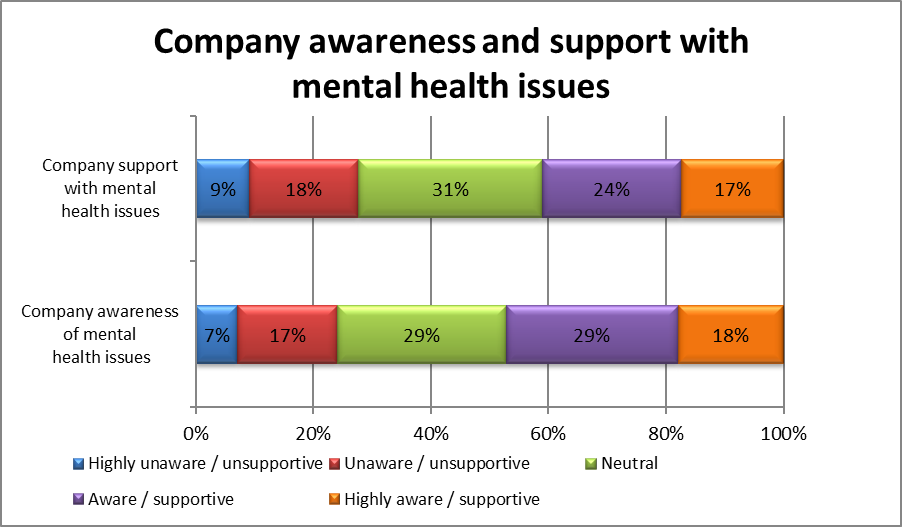This guest post is from Michele Fellows, Director of the IP-specialist recruitment firm Fellows and Associates. She takes us through the results of her firm’s 2019 salary survey, insofar as they relate to diversity, inclusion and mental wellbeing – and explores whether and how the patent and trade mark professions have changed since the 2018 survey, and why that might be.
It is always my hope that when it comes to analysing the results we will see huge strides forward being made within the workplace on issues of discrimination, sexual harassment and mental health. Sadly, the difference a year has made, certainly within the framework of our survey, is very little. Despite the efforts by organisations such as IP Inclusive to raise awareness across the industry through regular discussions and workshops, we are yet to see the needle move when it comes to an individual’s perception of these matters.
Experiences of discrimination at work, whether directed at one’s self, another or both, are on the rise (2019: 31% vs 2018: 28%).

A far larger proportion of women and those identifying as non-binary continue to feel that this discrimination is directed at themselves compared to the number of men. When it’s witnessed, a far larger proportion of men saw others being discriminated against.
When we look at the different types of discrimination experienced, what occurs most frequently differs significantly depending on whether it is being experienced directed at one’s self or another. The table below puts the level of discrimination in order of reported incidents in the survey, with the lower number being the most reported.

Reported sexual harassment, within our survey, has increased by 20% (2019: 12% vs 2018: 10%) with more having witnessed this directed at another (58%) versus having experienced it themselves (42%). Is this because respondents feel more ready to reveal they have seen this directed at another rather than admit they have been a target themselves?

From the graph above it appears that discrimination is more prevalent as one progresses through their career. Again, is this the case or are those in more senior positions simply no longer willing to accept this as part of the job culture?
Whilst these increases may be considered relatively small (a 20% increase, yes, but 20% of a low base level) it is a concerning research outcome. Is this a sign that firms are perhaps not as progressive as might reasonably be thought or with more of a spotlight on such issues are employees feeling more empowered to reveal their concerns?
This year we added a question on mental health and the perception of employer awareness and support around these issues.

Almost half of employers are aware of mental health issues (47% either aware or highly aware) but this drops by 17% when considering how supportive companies are to those with mental health issues (41% either supportive or highly supportive).
My aim each year is to report on what we find and hopefully provide an objective view point. I do hope that, in time, this section of the report becomes redundant and can be removed. For the moment, however, I think it is fair to say that there is more work to be done and initiatives such as IP Inclusive are truly needed.
Michele Fellows
Director
Fellows and Associates
Our thanks to Michele and her colleagues for continuing to address these difficult topics in their annual surveys, to share their findings and to support IP Inclusive’s objectives.
Page published on 10th July 2019
Page last modified on 10th July 2019



